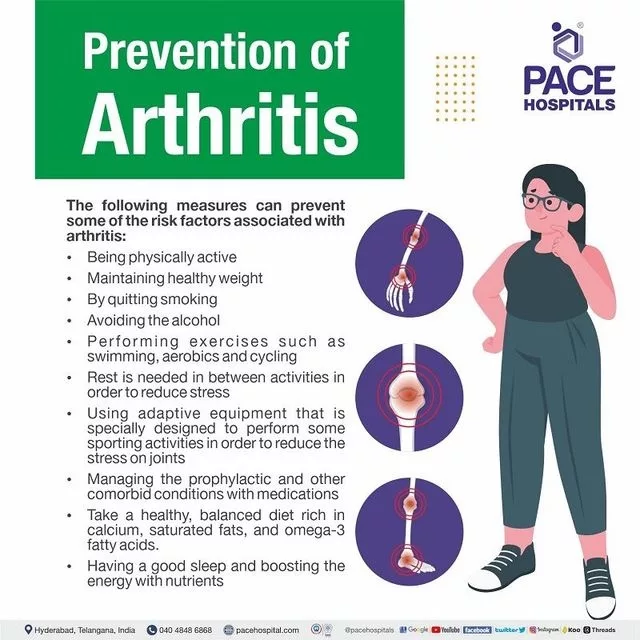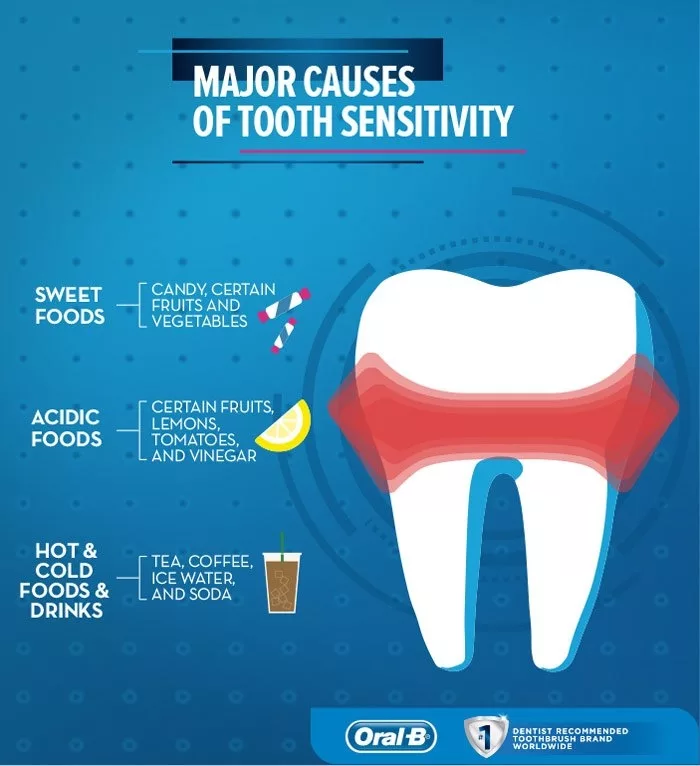Mouth Breathing
The Dangers of Improper Breathing: The Side Effects of Mouth Breathing and How to Treat It
Hello! I want to share an important topic with you today—breathing. It’s something we do every day, but if done incorrectly, it can lead to more problems than you might think. Today, I’ll discuss the side effects of the habit of breathing through the mouth and how to correct it. This information is essential for your health, so please pay attention!
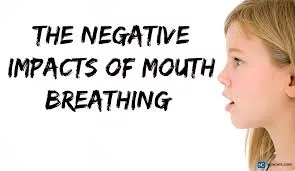
What is Mouth Breathing?
Mouth breathing is a method of respiration where air is inhaled and exhaled primarily through the mouth, while breathing through the nose is generally considered the healthiest way to breathe. Mouth breathing can occur due to nasal congestion, allergies, or respiratory diseases and can become a specific habit. When breathing through the mouth, the airways are not properly protected, and harmful substances in the air are not filtered. This can particularly cause problems for children and may affect oral health and overall physical development.
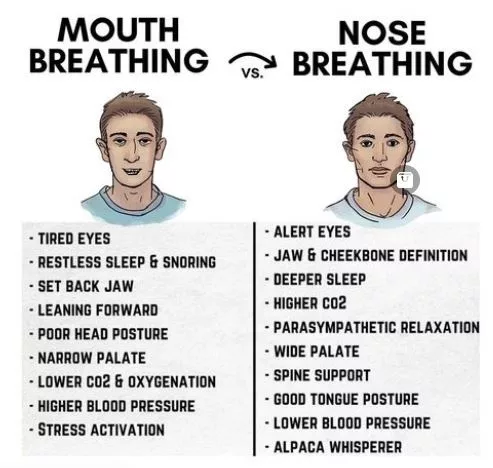
Causes of Mouth Breathing
There are various reasons why someone may breathe through their mouth. The most common cause is nasal congestion, which can occur due to colds, rhinitis, or allergic reactions, leading to mouth breathing. Other causes can include issues with oral structure, nasal deformities, or enlarged adenoids. Additionally, habitual behaviors may lead to continued mouth breathing without any specific reason. If this habit is formed from a young age, it is more likely to persist into later life.
Side Effects of Improper Breathing
Improper breathing, particularly mouth breathing, can lead to several side effects. It can cause dryness in the mouth, leading to an increase in bacteria, which raises the risk of cavities and gum disease. Additionally, mouth breathing can disrupt normal breathing patterns, potentially causing sleep disturbances and reducing the efficiency of oxygen intake compared to nasal breathing. Moreover, incorrect breathing patterns can result in an imbalance in nervous system control, increasing feelings of anxiety and stress.
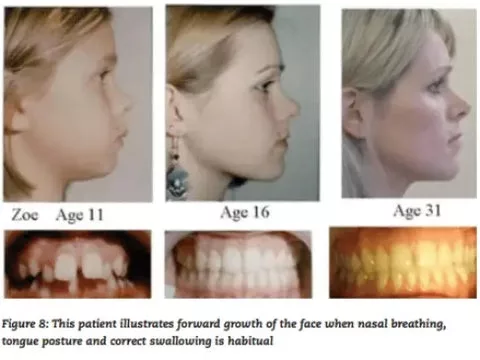
Specific Health Impacts
Mouth breathing has various negative effects on health. The most prominent issue is oral health, as saliva production decreases, making it easier for bacteria to thrive, leading to cavities and gum disease. Furthermore, breathing through the mouth alters the temperature and humidity in the oral cavity, which can damage the mucous membranes. Additionally, mouth breathing can lead to hypoxia, resulting in fatigue, decreased concentration, and headaches, which can lower overall quality of life.
The Need for Proper Breathing Techniques
Proper breathing techniques are essential for maintaining and improving health. Breathing through the nose acts as a natural filtering system, purifying and humidifying the air before it reaches the lungs. Furthermore, nasal breathing allows for the use of the diaphragm and abdominal muscles, enhancing the efficiency of oxygen intake and carbon dioxide expulsion. Proper breathing techniques promote psychological stability and physical resilience, positively impacting the nervous system. Therefore, it is important to consciously practice proper breathing techniques in daily life.
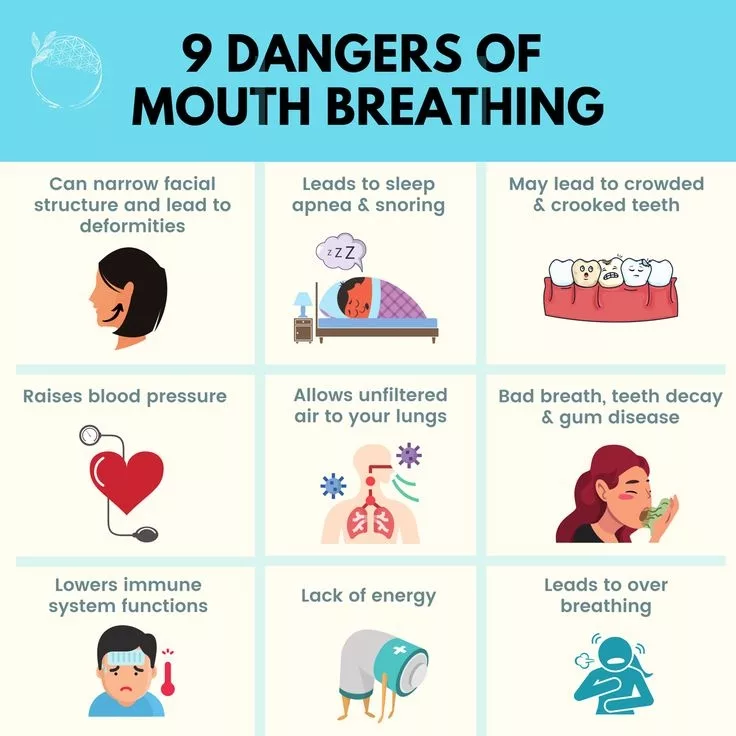
Treatment and Correction Methods for Mouth Breathing
To correct mouth breathing, it is crucial to identify the underlying causes. If nasal problems or allergies are the culprits, appropriate treatment should be sought to enable nasal breathing. Additionally, methods such as orthodontics or speech therapy can help establish proper breathing habits. Seeking professional assistance can also be effective, and regular check-ups and consultations are necessary for ongoing adjustments. Breathing exercises or relaxation techniques can be beneficial as part of the treatment.
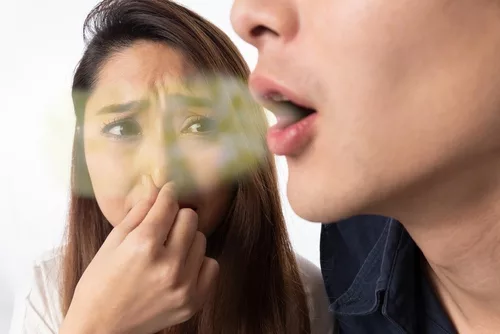
Lifestyle Changes for Improving Breathing
Improving mouth breathing requires changes in lifestyle habits. First, incorporating practices of breathing through the nose into daily routines is essential, and consciously keeping the mouth closed while breathing is important. Engaging in breathing-focused exercises, such as swimming or yoga, can also enhance breathing. Moreover, maintaining good posture and adequate hydration is crucial, as well as strengthening immunity through a healthy diet.

Ongoing Management for Prevention
Preventing mouth breathing requires continuous management. It is advisable to regularly visit an ENT specialist to check the health of the nose and throat. Additionally, avoiding allergens and maintaining a clean environment are important. Frequently stretching or doing exercises can activate respiratory function, and seeking professional help to correct breathing techniques when necessary is a good approach. Ultimately, consistent management and lifestyle improvements are vital.





